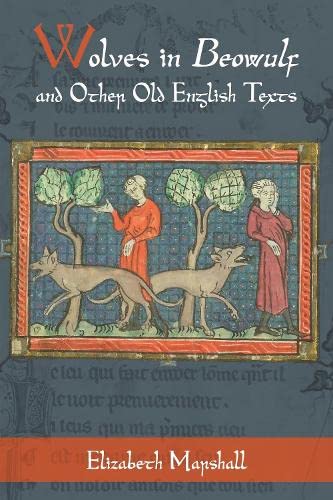

Most ebook files are in PDF format, so you can easily read them using various software such as Foxit Reader or directly on the Google Chrome browser.
Some ebook files are released by publishers in other formats such as .awz, .mobi, .epub, .fb2, etc. You may need to install specific software to read these formats on mobile/PC, such as Calibre.
Please read the tutorial at this link: https://ebookbell.com/faq
We offer FREE conversion to the popular formats you request; however, this may take some time. Therefore, right after payment, please email us, and we will try to provide the service as quickly as possible.
For some exceptional file formats or broken links (if any), please refrain from opening any disputes. Instead, email us first, and we will try to assist within a maximum of 6 hours.
EbookBell Team

5.0
90 reviewsTwo such meanings are inherited from ancient and medieval European lupine motifs: the superstition that the wolf could steal a person's speech, and the perceived contiguous natures of wolves and human outlaws. Tracing the history of these associations and the evidence to suggest that they were known to writers working in early medieval England, this book provides new, animal-centric readings of Wulf and Eadwacer, Abbo of Fleury and Ælfric's Passiones Eadmundi, and Beowulf, placing these texts within a lupine literary network that transcends time and place. By exploring the intricate, contradictory, and even sympathetic depictions of the wolves and wolf-like entities found within these texts, this book banishes all notions of the medieval wolf as the one-dimensional, man-eating creature that it is so often understood to be.